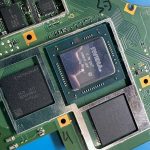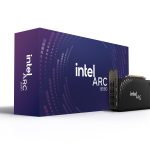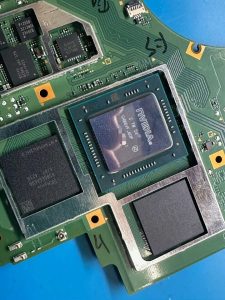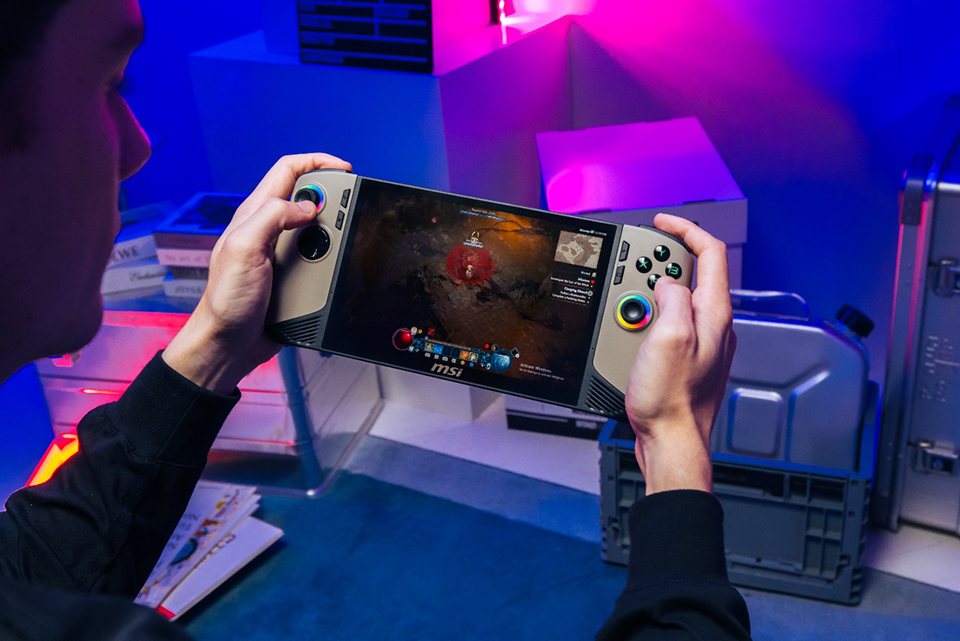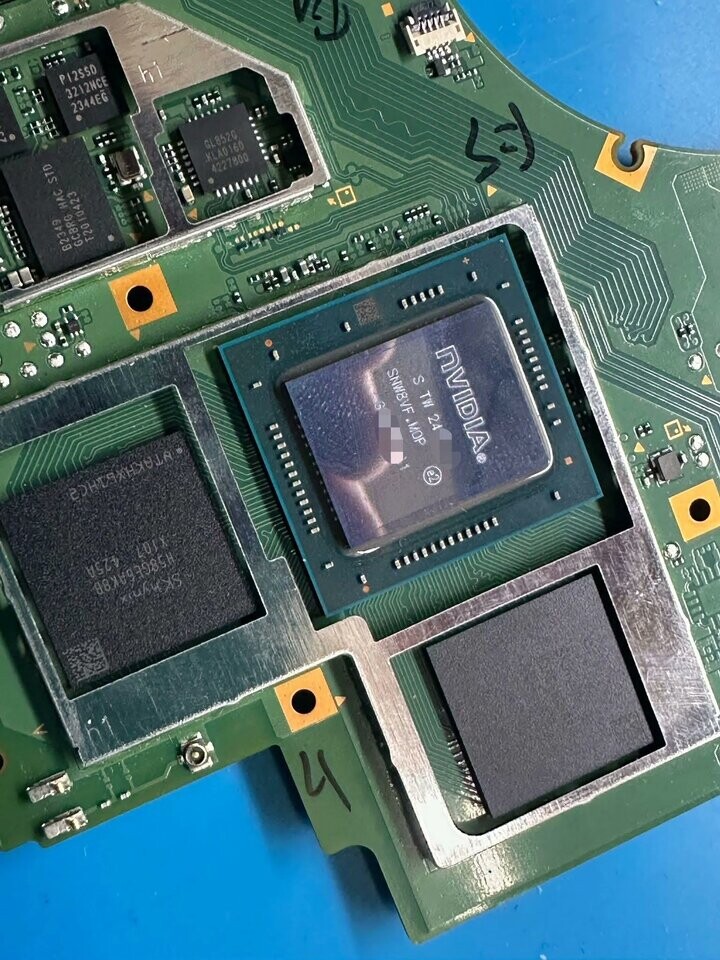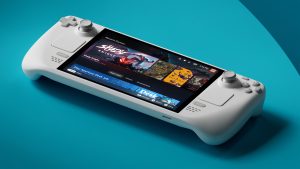With AI becoming a buzzword in tech marketing and an apparent SEO tool, it’s easy to overlook the actual benefits of AI in new handheld devices. So, how do these handhelds make good use of AI? Let’s dive into it. But first, here’s a look at the refreshed second-generation handheld consoles from MSI.
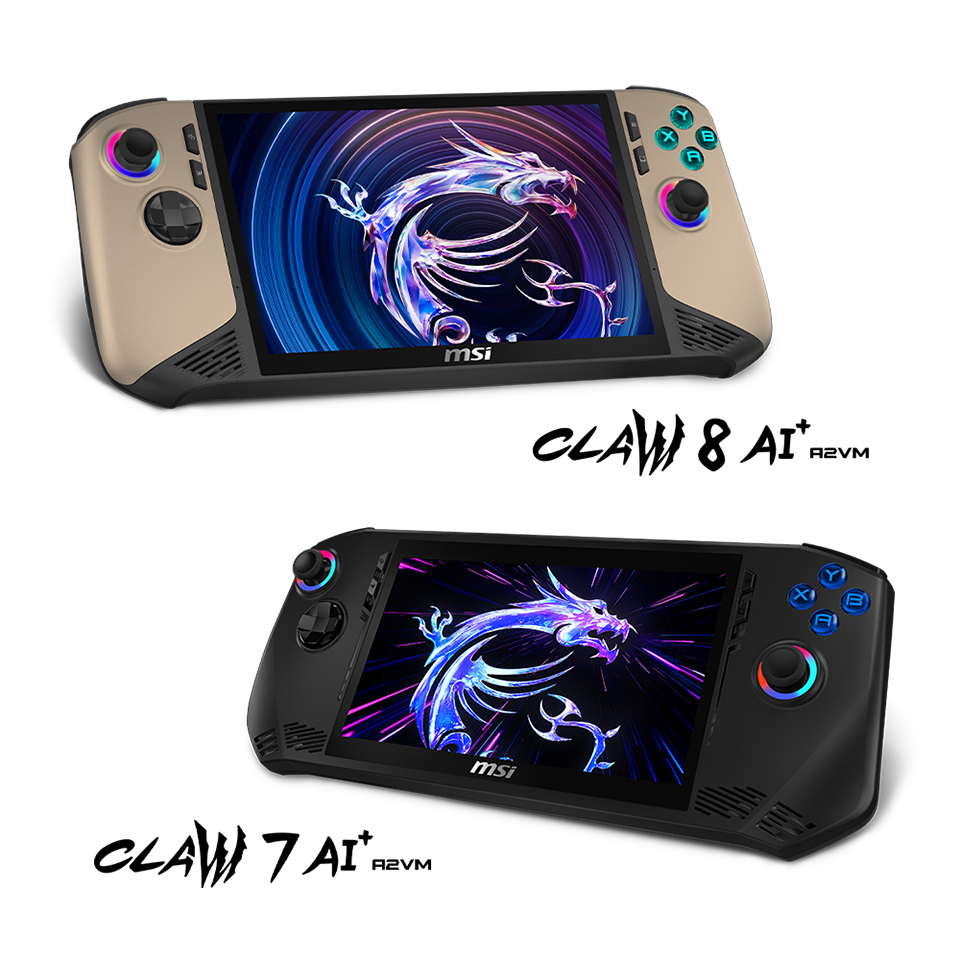
The MSI Claw 8 AI+ and Claw 7 AI+ are compact gaming devices powered by the next-gen Intel® Core™ Ultra 7 (Series 2) processor. These consoles offer a stellar gaming experience, featuring vibrant 7-inch and 8-inch displays, ergonomic designs, advanced cooling systems, and dual Thunderbolt 4 ports for seamless connectivity. Upgraded batteries and optimized power consumption enable extended gaming sessions, while the Cooler Boost HyperFlow technology ensures efficient heat management. The Claw 8 AI+ boasts a “Sandstorm” design inspired by wind-sculpted desert rocks, while the Claw 7 AI+ presents a sleek black design. Both models come with hall-effect triggers, redesigned buttons, and the MSI Center M software for an intuitive user experience. With Windows and Android game support via MSI’s App Player, these devices cater to both casual gamers and enthusiasts.
But do these devices truly live up to their potential? According to YouTuber Dave2D, the MSI Claw 8 AI+ makes a strong case, highlighting Intel’s significant progress in the GPU space. However, the device’s high price tag and the D-pad are noted drawbacks. You can check out his detailed review below.
So, what’s the deal with AI in gaming? Apart from Co-pilot (since it’s a Windows-based handheld), MSI’s Claw series leverages Intel’s XeSS (Xe Super Sampling) technology. Similar to AMD’s FSR or NVIDIA’s DLSS, XeSS is an AI-driven upscaling technology that delivers high performance and stunning visuals. It utilizes deep learning to produce images that closely match the quality of native high-resolution rendering. Handheld gaming, unlike PC gaming, involves lower-resolution screens viewed at much closer distances, making XeSS particularly valuable. By enhancing visuals and maintaining smooth performance, this AI-powered feature shines on devices like the Claw 7 AI+ and Claw 8 AI+. How well? Cyberpunk can run 65 FPS on 30 W at 1080p – Low and XeSS on. While the MSI Claw series currently supports over 150 AAA titles, the promise of expanding this library showcases the potential for Intel to stir competition in a handheld market largely led by AMD.
Specifications Table
| Feature | MSI Claw 8 AI+ | MSI Claw 7 AI+ |
|---|---|---|
| Processor | Intel® Core™ Ultra 7 processor 258V | Intel® Core™ Ultra 7 processor 258VV |
| Operating System | Windows 11 Home | Windows 11 Home |
| Chipset | Integrated SoC | Integrated SoC |
| Memory | LPDDR5x-8533, 32GB | LPDDR5x-8533, 32GB |
| Display | 8″ FHD+ (1920×1200), 120Hz, Touch, 100% sRGB, 500 nits, 16:10, VRR, IPS | 7″ FHD (1920×1080), 120Hz, Touch, 100% sRGB, 500 nits |
| Graphics | Intel® Arc™ 140V GPU | Intel® Arc™ 140V GPU |
| Storage | Up to 1TB PCIe Gen4 SSD | 1 x NVMe M.2 2230 PCIe Gen4 SSD |
| Sensors | 6-axis IMU, vibration motor | 6-axis IMU, vibration motor |
| Communication | Wi-Fi 7, Bluetooth v5.4 | Wi-Fi 6E, Bluetooth v5.34 |
| Audio | 2x 2W Speakers, DTS sound effect, Hi-Res Audio support | 2x 2W Speakers, DTS sound effect, Hi-Res Audio support |
| I/O Ports | 2x Thunderbolt 4, 1x microSD, 1x Audio combo jack | 2x Thunderbolt 4, 1x microSD, 1x Audio combo jack |
| Power button w/ Fingerprint Sensor | Power button w/ Fingerprint Sensor | |
| Battery | 6-cell, 80Whr Li-Polymer, 65W USB Type-C PD 3.0 | 6-cell, 54.5Whr Li-Polymer, 65W USB Type-C PD 3.0 |
| Dimensions | 299 x 126 x 24 mm | 290 x 117 x 21.2 mm |
| Weight | 795 g | 675 g |
| Color | Sandstorm | Black |
| Special Features | App Player for Android games | App Player for Android games |
Price in the US for the Claw 8 is US$899 while the Claw 7 is US$799. Local pricing for Malaysia or Singapore is yet to be announced.
Would you run Steam OS instead? We can’t wait for CES 2025 and the upcoming Steam OS certified devices. Let us know your thoughts down below.

